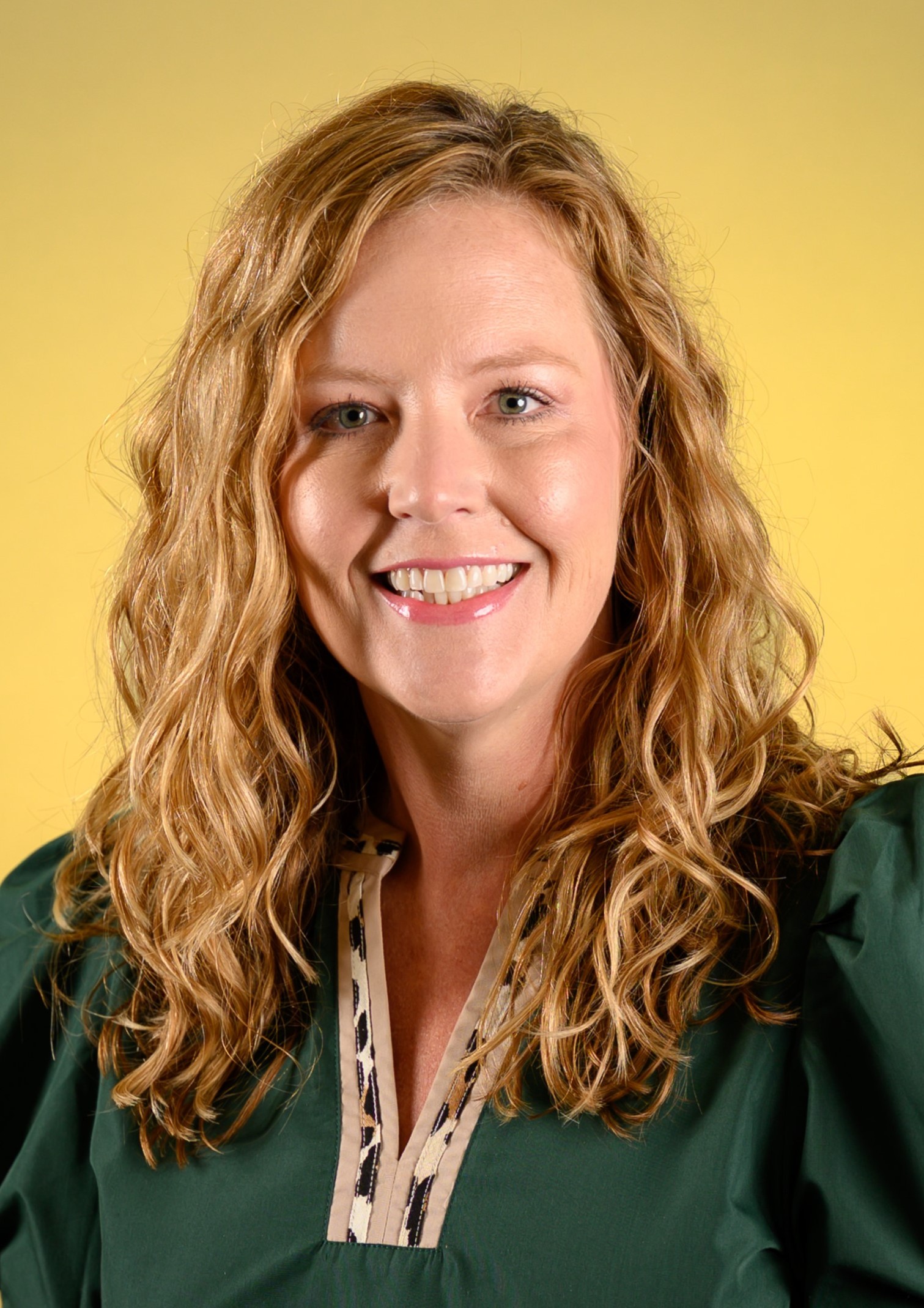Department of Pediatrics Coaching Program
Introduction
Coaching is a structured professional partnership designed to help clients/coachees strengthen the skills needed to achieve their professional and personal potential. It provides a confidential space for coachees to assess progress, navigate challenges, and translate feedback into growth. Widely used in academic and executive settings, coaching has been shown to reduce burnout, enhance well-being, and foster a greater sense of purpose and fulfillment in physicians. (Mann et al.)
Definition of Coaching in Medical Education
“Coaching in medical education is a partnership between a coach and a learner that seeks to foster learner motivation, encourage self-reflection, and create learner-centered plans to achieve trainee professional and personal potential. Mentorship and career advising, while also crucial to a trainee's professional development, are different from coaching in that a hierarchy remains in the relationship and neither focuses primarily on the trainee's individual perceptions or lived experiences.” — Mann et al.
Purpose of Coaching
The goals of coaching are to:
- Reflect on successes and challenges
- Create meaningful goals
- Problem-solve barriers
- Identify resources
- Develop and execute a plan
(Source: Academic Coaching in Medical Education, AMA)
Coaching within LSU Department of Pediatrics
Within the LSU Department of Pediatrics, coaching functions as an integral component of our educational support system. While mentorship and advising remain essential for sharing expertise, career guidance, and role modeling, coaching complements these relationships by focusing on the learner’s self-awareness, motivation, and accountability. Coaches work collaboratively with residents and fellows to identify goals, explore barriers, and develop strategies that align with each trainee’s values and aspirations. Together, mentorship, advising, and coaching create a comprehensive framework that supports both professional development and personal well-being.
Mission and Philosophy
The LSUHSC Department of Pediatrics embraces coaching as a valuable tool for trainees who seek support to overcome challenges or who are intentionally investing in their growth from good to great. Trained coaches partner with residents and/or fellows (coachees) for personalized coaching sessions based on the coachee’s goals or interests. Sessions typically occur monthly for six to nine meetings. Lunch-time sessions that qualify for conference credit are available.
How Coaching Helps
Coaching can help with:
- Time management skills
- Communication skills
- Leadership development
- Work/life balance
- Burnout and moral injury
- Career decisions (fellowship or job selection)
- Managing personal stressors
- Feeling “stuck” or uncertain
- Overcoming anything that’s getting in your way
Meet Our Coaches
Our coaches have undergone training with ICF-certified physician coach Dr. Jennifer Griggs. They are specifically trained to support physicians through challenges and obstacles that may prevent them from achieving their goals.
Change is hard. Sometimes having a coach in your corner to hold space as you navigate change or transitions in your life can make all the difference. That's where I would like to help. Whether you're starting your career as a junior faculty, making a decision about a fellowship or making a change in your personal life, like adding to your family, I'm here for it. Let's navigate these big life things in a way that helps you stay true to yourself and your goals and thrive right where you are.
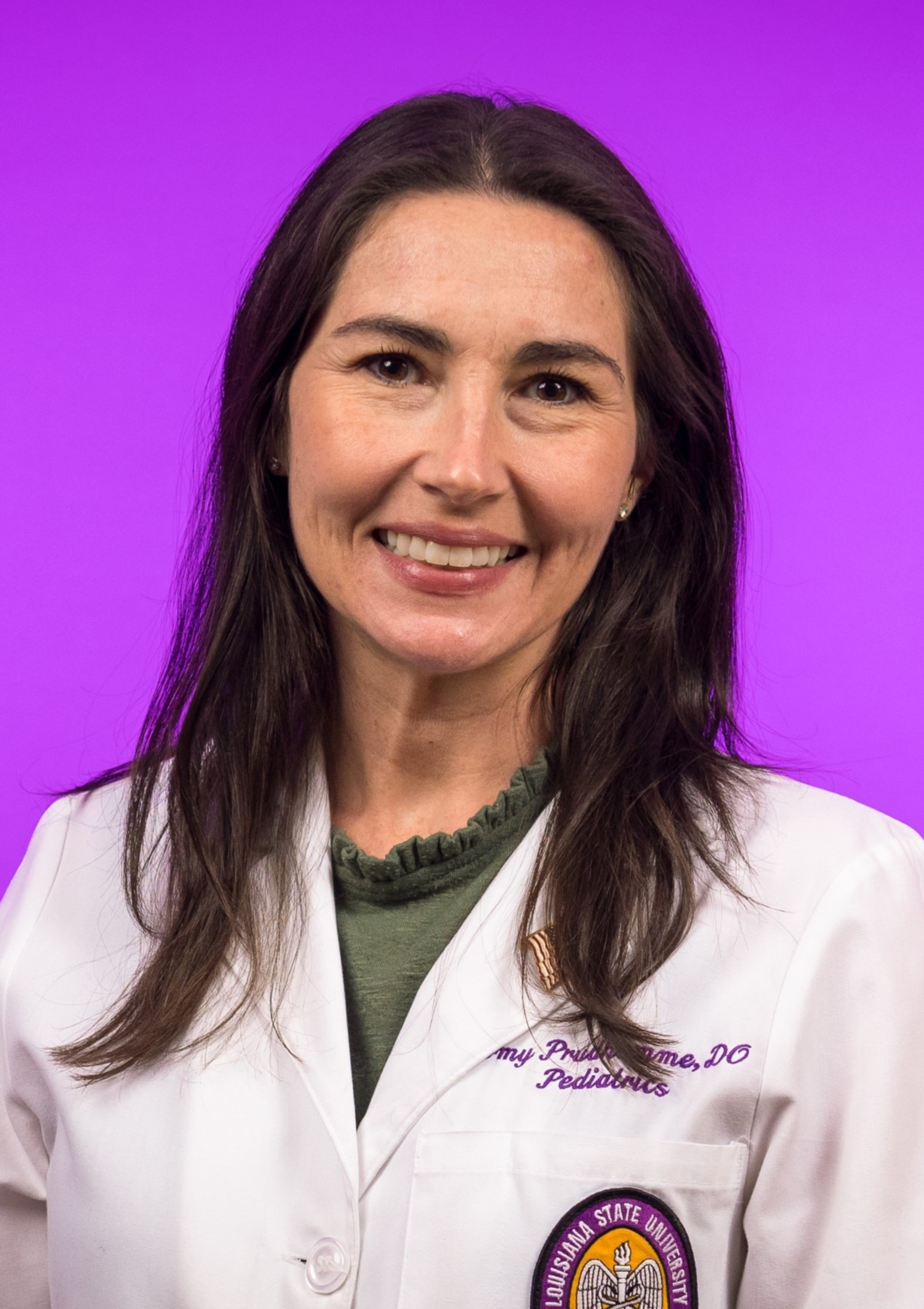
Hey y’all, my name is Dr. Hannah Bauer (or Doc Hannah as my jiu jitsu kids tend to call me). I’m one of the pediatric intensivists here at Manning Family Children’s. I’m so looking forward to meeting you and walking through this coaching season together. I have seen my fair share of grief, loss, failure, and burnout throughout my training and career. I have also grappled with balancing personal and professional identity. I hope to use my journey and these experiences and lessons learned to support you . If any of this resonates with you don’t hesitate to reach out to me.
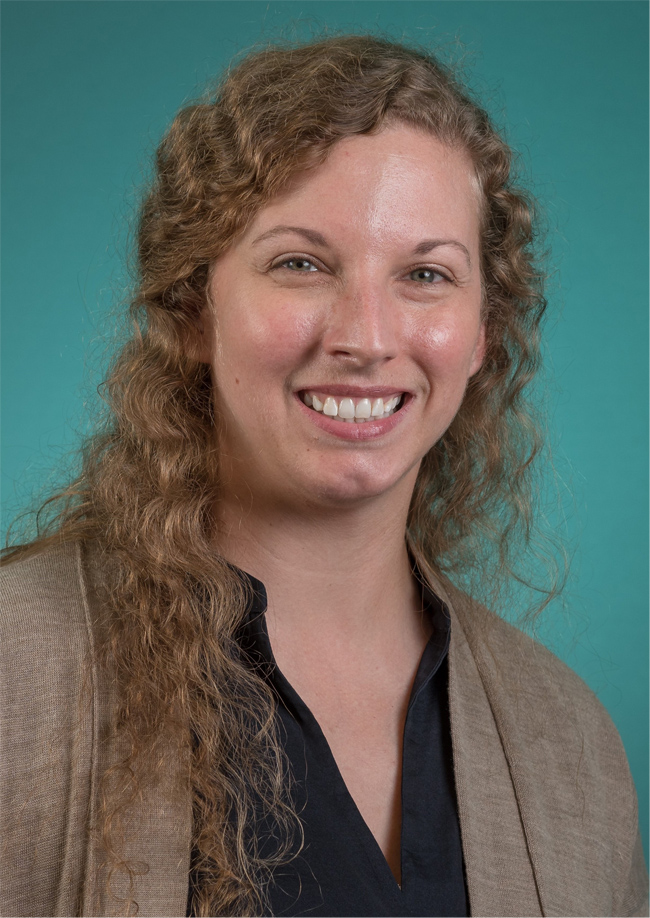
I am one of the pediatric gastroenterology attendings at Manning Family Childrens. I specialize in intestinal failure/short bowel syndrome and love to help improve the nutrition in all of my patients. When I am not at work, I am usually travelling, spending time with family/friends, or watching reality tv. Why did I choose coaching? As a newer attending, I realized early on the importance of mentorship in helping the fellows within my field. I realized that my fellows often already had the answers but needed help seeing the big picture. Coaching is a way to help teach people skills in exactly this way. My biggest hopes with coaching are that I am able to help people with skills that not only help support their career but also their personal wellbeing and life outside of medicine which is equally important to me.
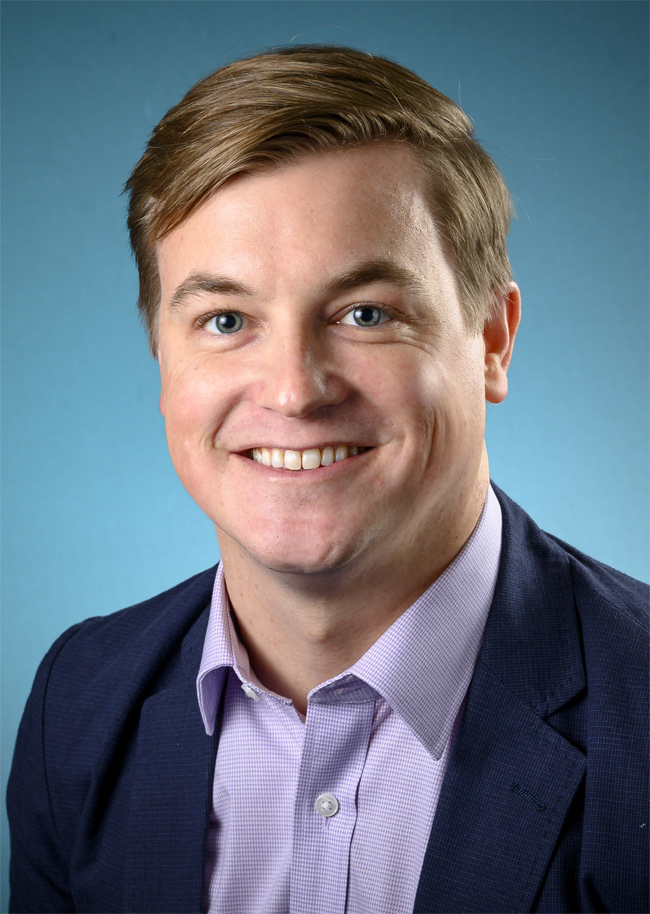
Having served in medical education for over 30 years, I’ve discovered that my greatest joy comes from supporting the growth and success of trainees and colleagues. It is incredibly rewarding to walk alongside someone as they grow in confidence and unlock their full potential.
I’m excited to serve as a coach because I believe in its principles. Coaching isn’t about giving advice but about asking powerful questions that empower others to clarify their goals, navigate challenges, and uncover meaningful, sustainable paths forward.
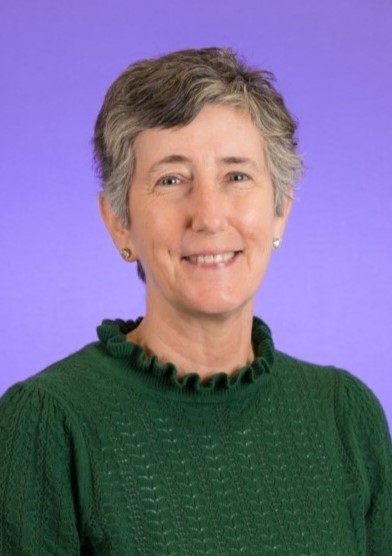
Through coaching, I help residents stay steady, build resilience, and grow as compassionate, confident doctors. We navigate the challenges of training and practice together—with empathy, humor, and sometimes plenty of coffee.
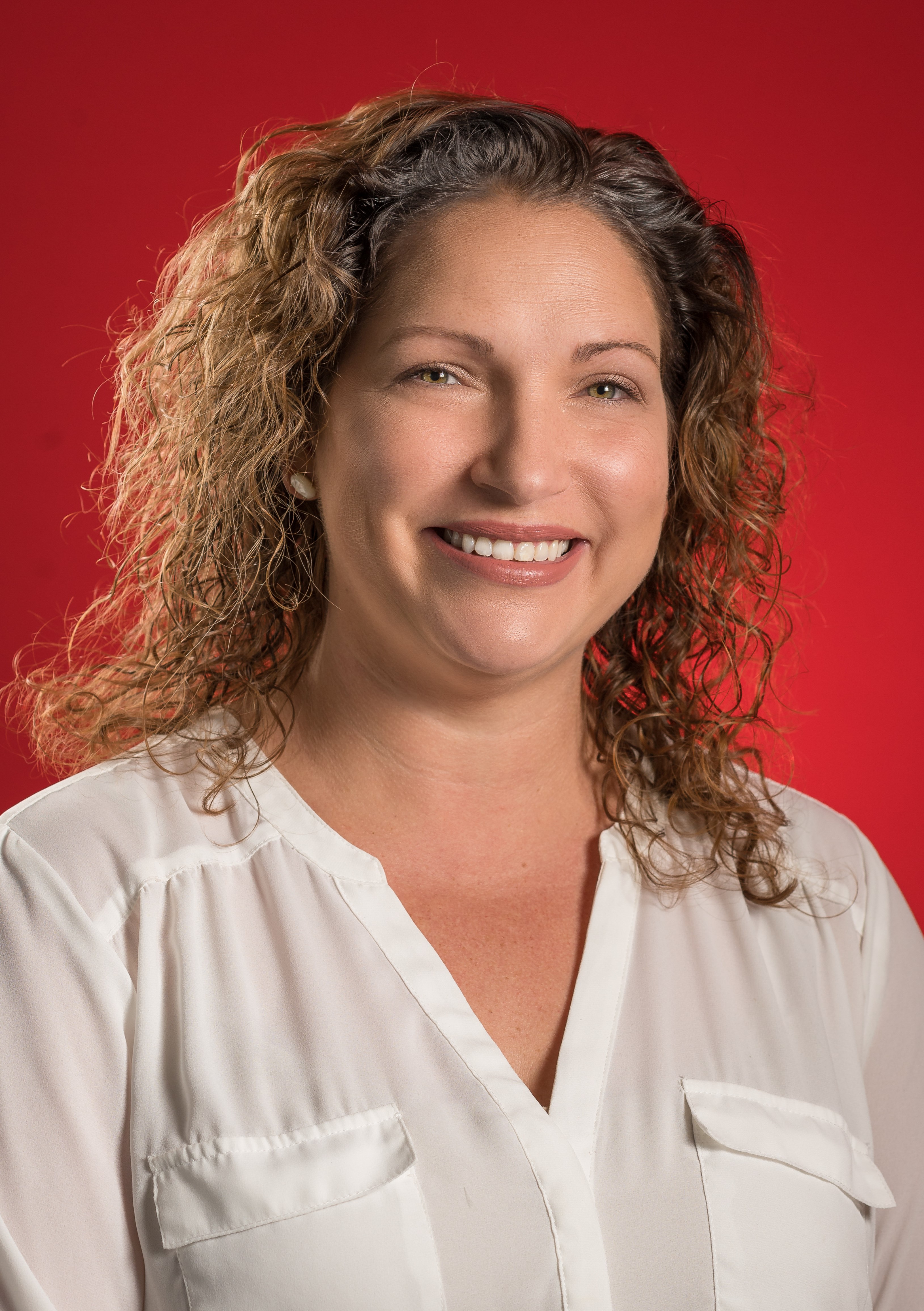
I feel lucky to have found a job that I truly love and feel fulfilled by. The parts of my job that bring me the most joy are taking care of patients and teaching residents. Through coaching, I hope to help residents connect with and prioritize the things in their jobs and lives that bring them joy.
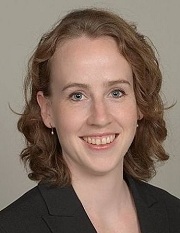
Teaching and guiding students, residents, fellows, and junior faculty has been one of the greatest satisfactions of my medical career. Coaching provides an opportunity to extend that passion, partnering with the coachees in a reflective process that helps them to uncover their strengths, clarify their goals, and navigate challenges with confidence.
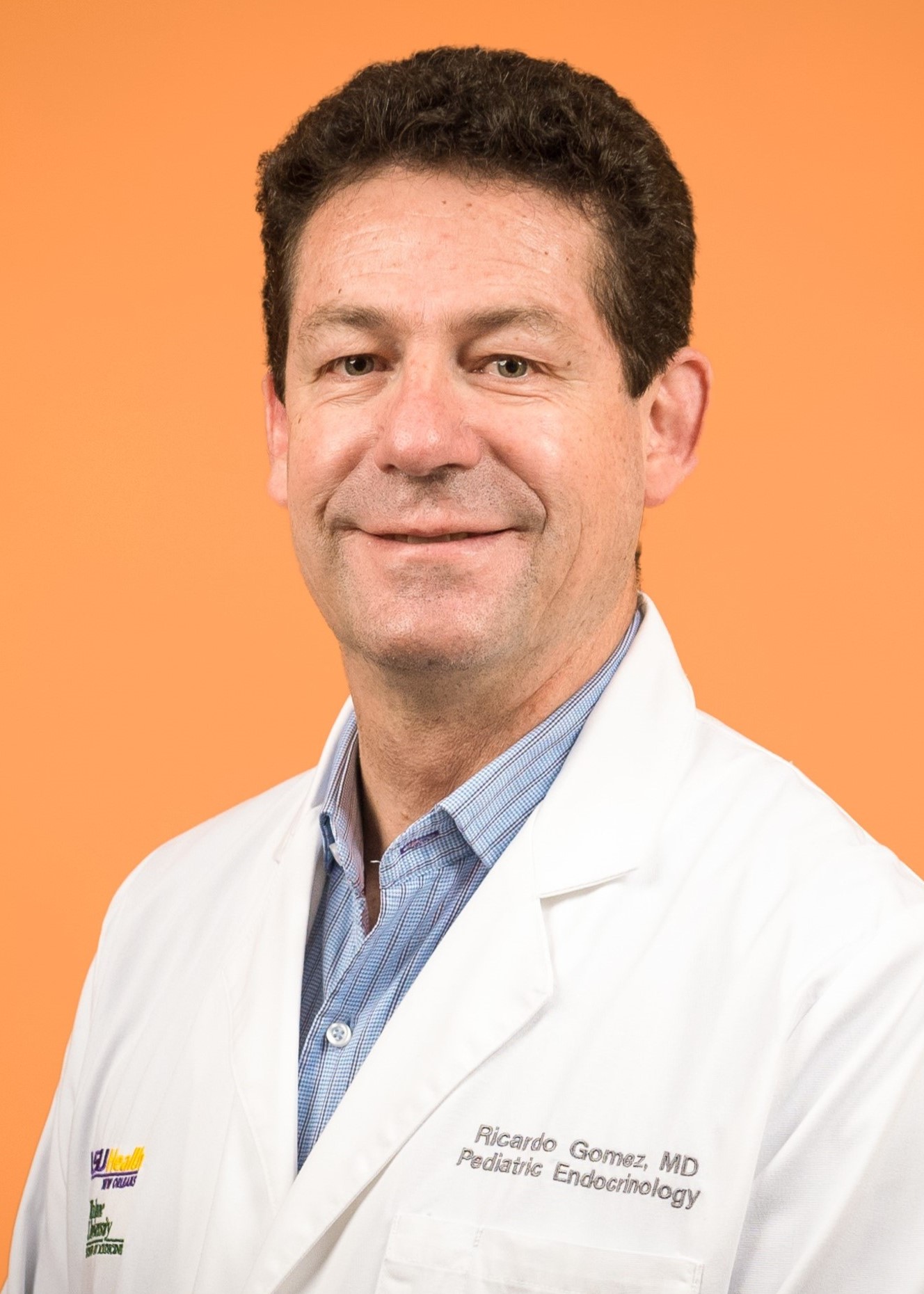
I chose to be a coach because I love helping people discover what matters most to them and what makes them feel excited about their work, especially medical trainees of all levels. Coaching gives me a way to walk alongside trainees as they sort through their values, passions, and goals, and remind them that they already have the tools they need to succeed. I am excited to support them in finding their own path and thriving in it.
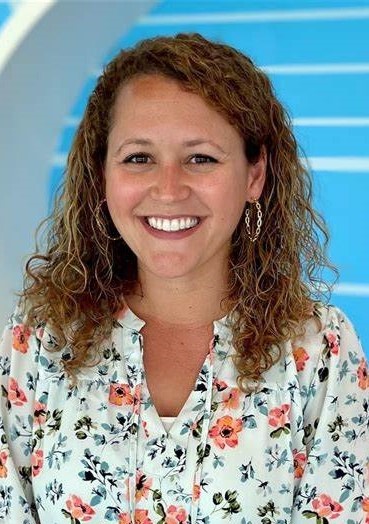
My journey to becoming a physician was not a linear one. At the time, I did not associate those unplanned curves with building resilience and perseverance. There have been times throughout my career that I have dealt with uncertainty, questioned what is next and sometimes felt immersed in repetitive cycles or routines. I became a coach to provide support for trainees and other health care professionals in gaining clarity to define their priorities and explore steps in implementing them. One of the challenging aspects of my professional life includes learning to be intentional about time for self-care and personal growth while providing the highest standard of care and highest quality of emotional support to patients and their families. My goal as a coach is to guide those in the medical field in reflecting, recognizing, rediscovering, and augmenting their abilities to set personal and professional goals and formulating necessary actions to achieve them.
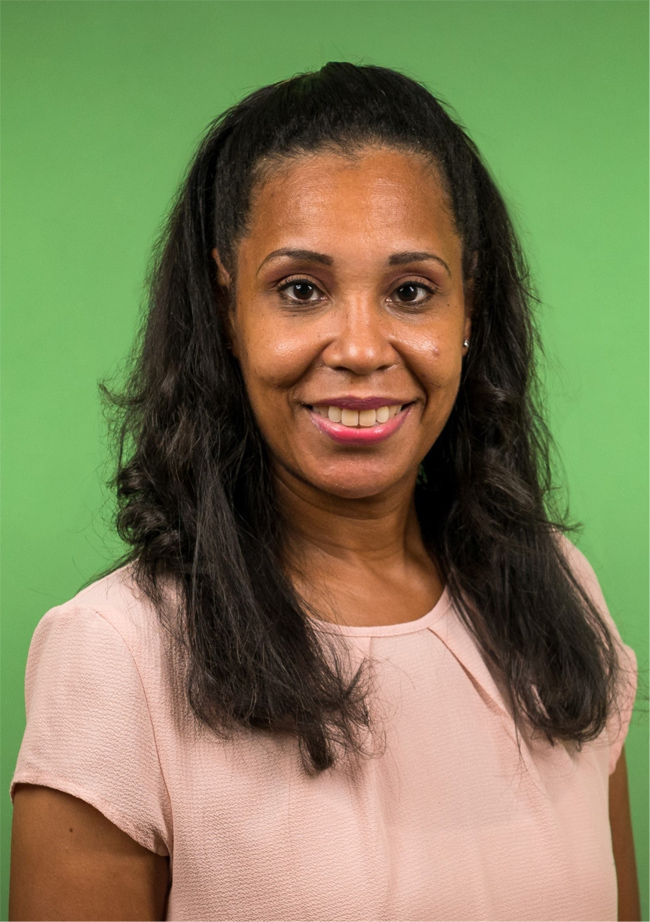
I wanted to become a coach to help support young physicians during a meaningful time in their life to reach their goals and full potential. Coaching provides support that allows growth and development of the individual without any power dynamics. Being a part of the coaching program has taught me how to be that support for others so that we can all be at our best for our patients and families.
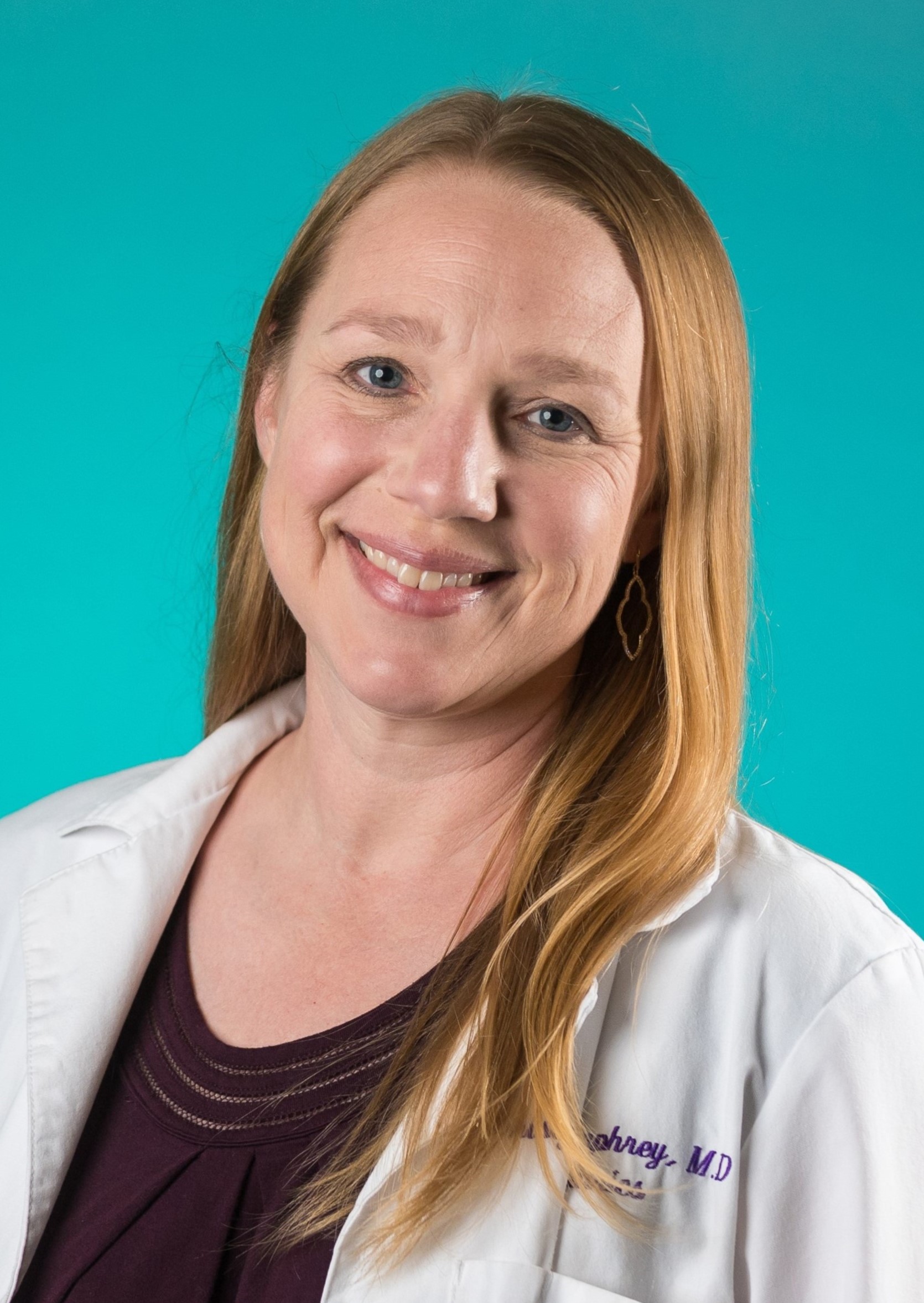
As a person, I value communication, encouragement, excellence, and leadership, all of which have served as foundational elements in my roles as physician and educator. I also believe in empathy, participating in the journeys of those I serve through genuine connection with my patients in their experience of illness, as well as with trainees in their personal and professional development. As a coach, I encourage trainees to practice self-reflection, goal-oriented decision-making, and interpersonal engagement with those around them. I incorporate words of affirmation into everyday interactions, promote critical thinking, provide real-time and summative feedback, and offer coaching based on the needs of each trainee that promotes growth and joy in all aspects of life.
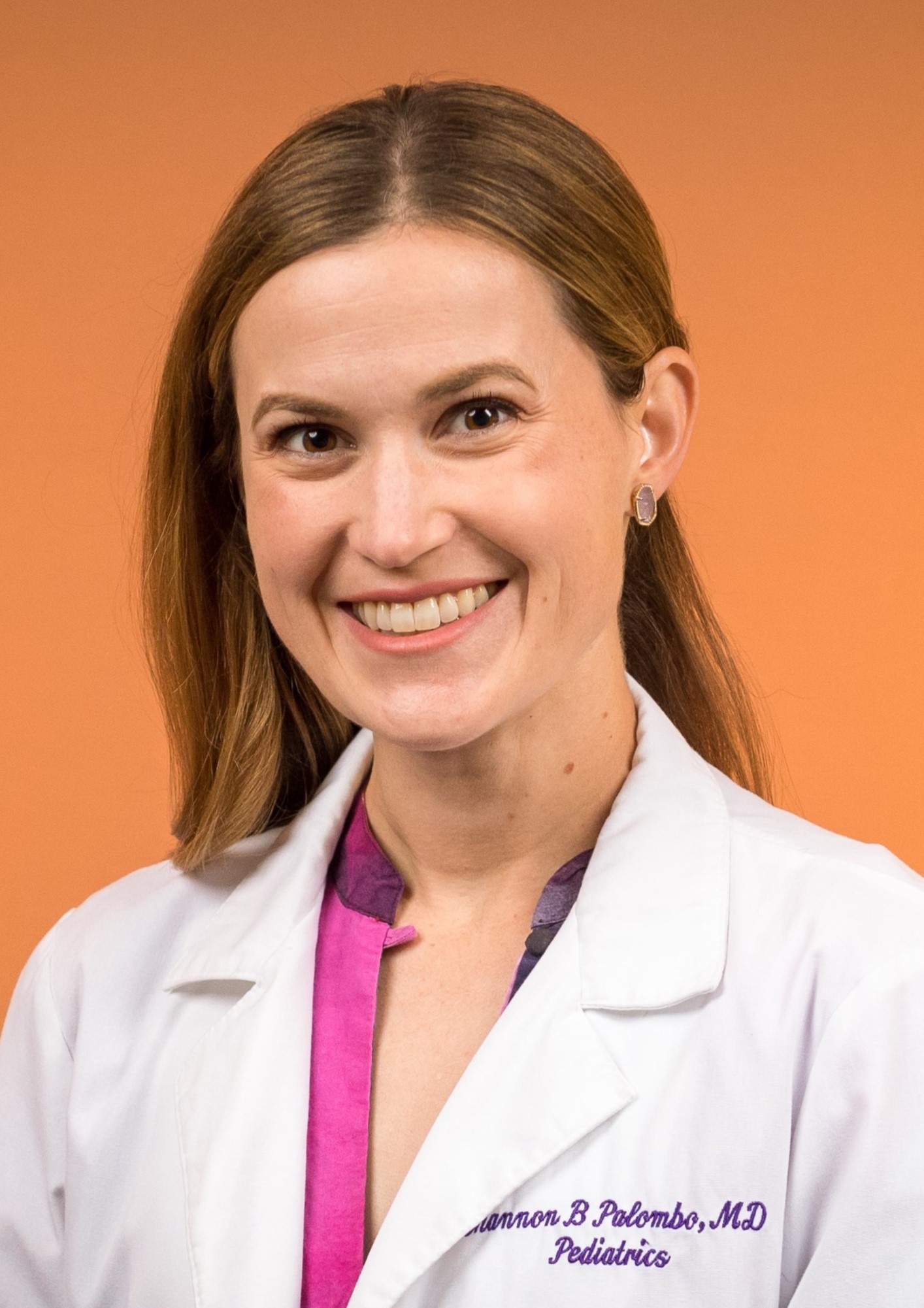
I am a Pediatric Hematology/Oncology physician-educator who is deeply committed to coaching residents and fellows as they grow into thoughtful, compassionate, and self-aware physicians. I look at coaching as an honest conversation with one’s own self, mediated and facilitated by an “external” coach—nothing new is added besides objective exploration in a compassionate, judgment-free setting. As physicians, we constantly balance multiple dimensions of identity, responsibility, and challenge; coaching provides a rare opportunity to pause, reflect, and realign. Through this process, I strive to create a safe, supportive environment that nurtures resilience, purpose, and professional growth. Sharing and learning in this space with a colleague is, to me, one of the most meaningful forms of partnership in growth and service.

Anyone who knows me knows that I am a loyal, open-minded, objective person who values the differences in personalities and cultures as a way to expand my own knowledge and viewpoints. Coaching allows exploration of personal, professional, and social challenges and how we can work towards goal-oriented solutions in small, but meaningful ways.
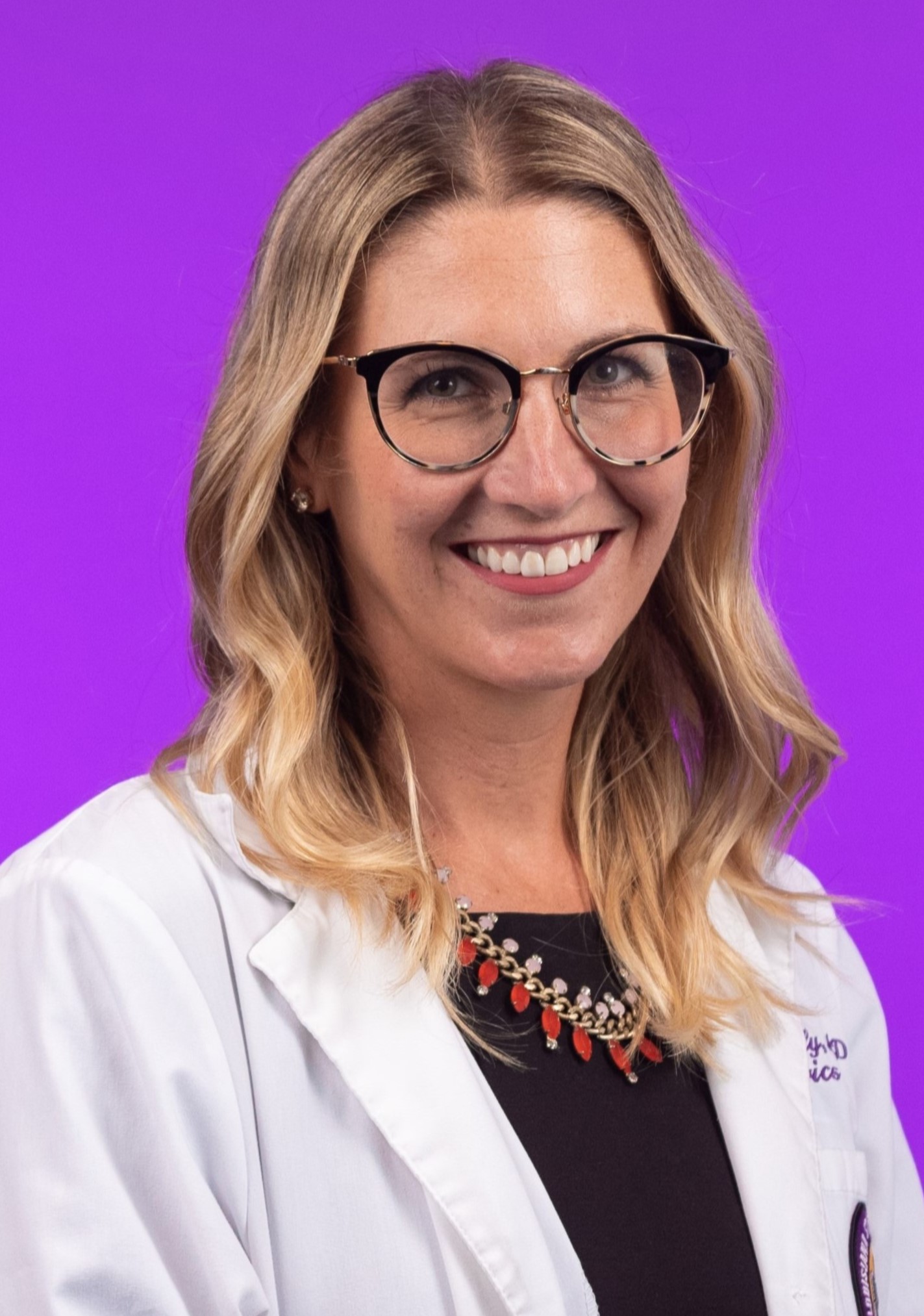
Through mentoring students, residents, and fellows, I've discovered the lasting value of supporting learners as they grow both personally and professionally. Coaching feels like a natural extension of that work - an opportunity to empower trainees to take a more active role in shaping their journey. I'm passionate about helping individuals identify and pursue their goals, overcome challenges, and find fulfillment in their careers.
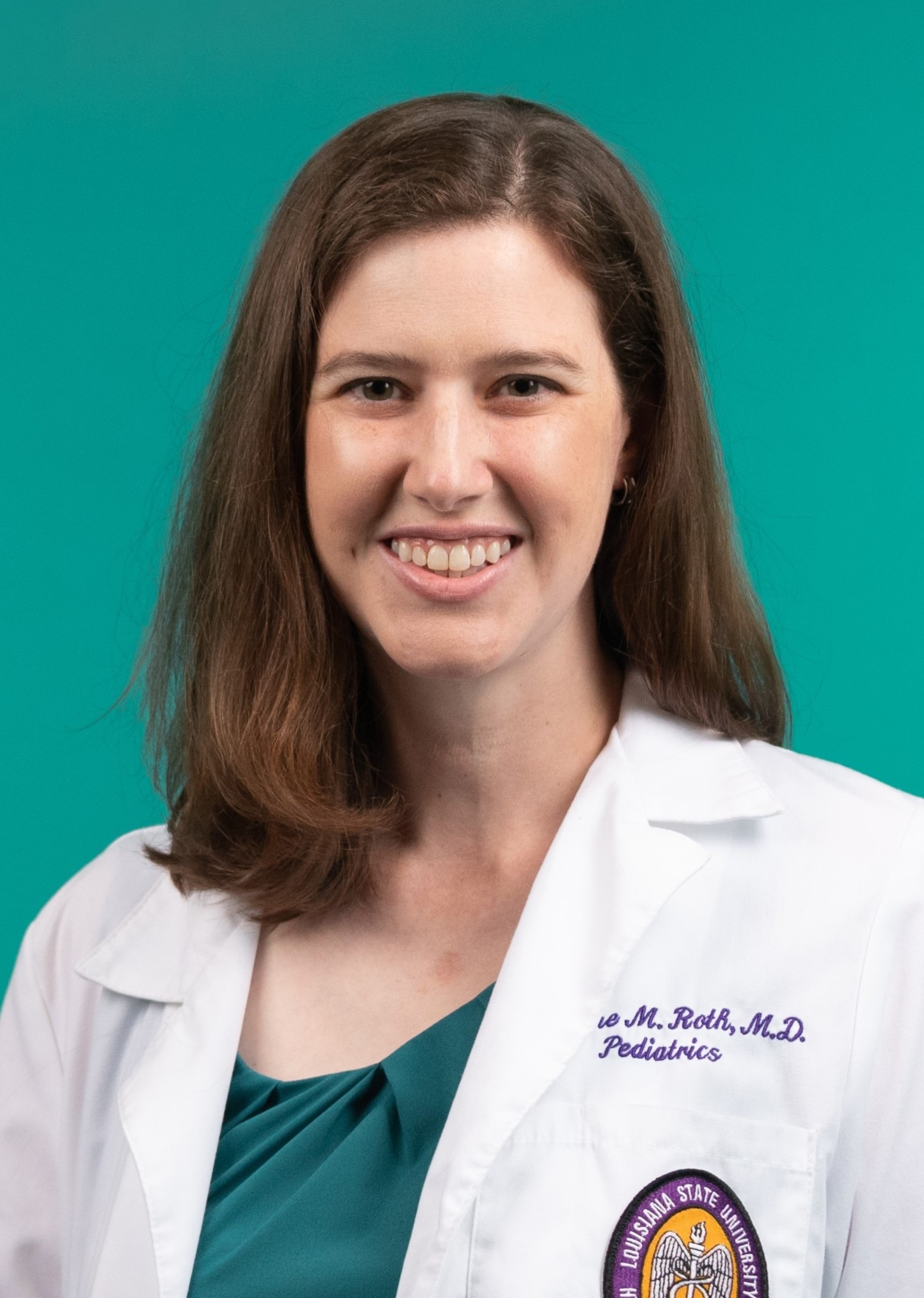
As a Pediatric Hospital Medicine physician and long-time residency leader, I find tremendous joy in supporting learners as they grow into confident, purpose-driven physicians. Over the past 13 years in residency leadership, I’ve learned that each trainee brings unique strengths and experiences that can flourish with the right support. Coaching offers a powerful opportunity to help individuals reflect on values and clarify their goals – allowing them to build confidence and connect their daily work to purpose and meaning. I especially value walking alongside those still finding their footing while helping them recognize their potential. As a mid-career faculty member, I am also passionate about supporting junior colleagues as they define their professional purpose.
I have burned out a few times, both professionally and personally, and I've learned a lot from each time I spent Stuck, Lost, or Done.
Basically, I want to help you avoid the goofy mistakes I made on my recovery journey.
I earned my undergraduate degree in Psychology from Indiana University, Bloomington and my MBA from Western Governors University. Professionally, my background is in academic research, graduate medical education, project management, and work supporting health equity.
My coaching approach is based on evidence from the worlds of psychology, business, education, and neuroscience, but we can also incorporate complementary practices or faith if it feels right to you.
I know that my clients have the answers inside of themselves, and with a little encouragement and insight, we can unlock those answers together.
We'll work well together if you're a reader, a crafter, an introvert, a former gifted kid, a highly sensitive person, or an old soul. New parents, college kids, established professionals, and lost souls are welcome. If you're open to change or know you want to be successful without submitting to the Grindset, I got you. If you've been figuring out who you are and what you want, that's amazing, too. Come as you are, and we'll figure it out.

Early in my career, I realized that I wasn’t just teaching and training learners—I was shaping future colleagues. I strive to be the type of attending I wished I had during my own residency: approachable, understanding, and genuinely invested in my residents’ success and well-being. This perspective guides my approach to coaching. My goal is to create a space where you feel comfortable and confident as you navigate your training. We all have individual paths to success, and my role is to help you find yours—whatever that looks like for you.
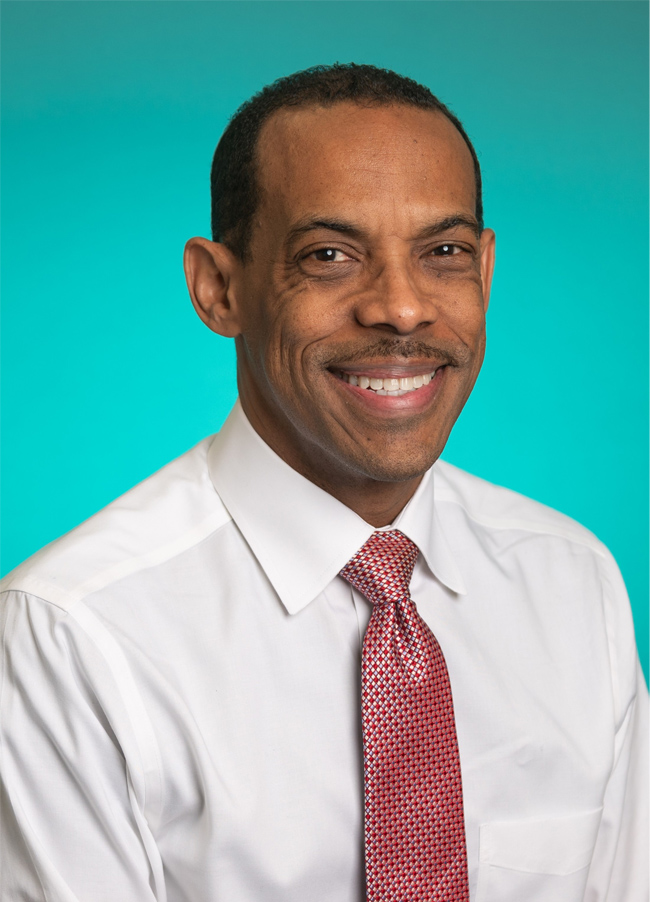
Dr. Maria C. Velez is passionate about guiding learners and colleagues as they navigate their professional and personal growth. Drawing from her leadership, clinical, and advocacy experience, she helps her coachees identify their strengths, set meaningful goals, and build fulfilling, purpose-driven careers in medicine.
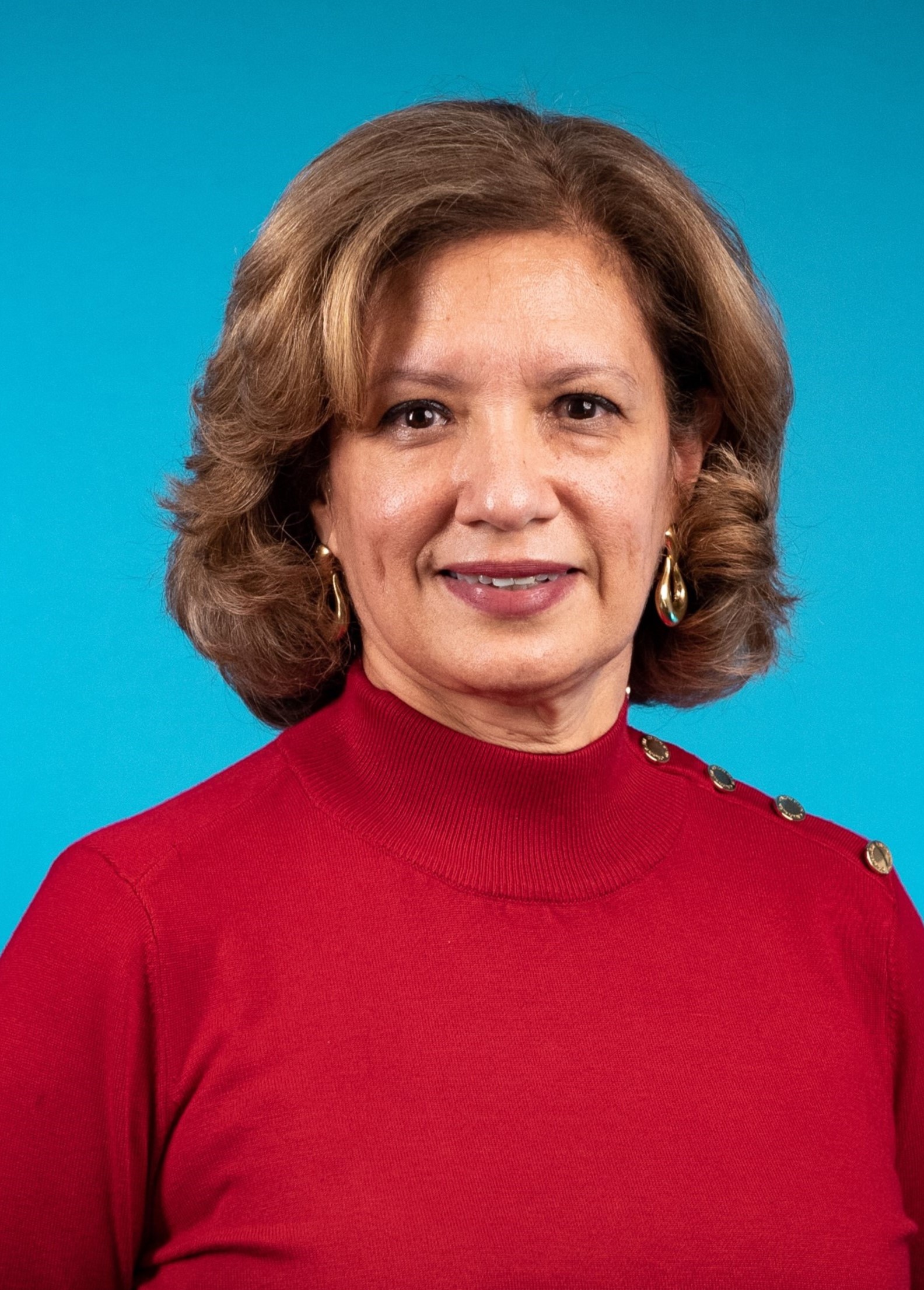
How to Participate
To opt in for coaching, complete the interest form using the link below
Frequently Asked Questions
Is coaching only available for trainees?
At this time, yes. We are excited to expand our program to include faculty, especially early career faculty, in the near future.
How is coaching different from mentorship?
Mentorship and advising are crucial for resident development and typically rely on lived experience and expertise. Coaching is different in that it is a goal-oriented process that emphasizes:
- Self-reflection
- Accountability
- Identification of strengths
- Use of powerful questions to promote growth and problem-solving
How is coaching different from therapy?
Coaching is not a form of therapy. While it may reduce burnout and improve career satisfaction, coaching is not designed to address mental health issues. It focuses on helping coachees navigate personal or professional challenges through guided reflection and planning.
Can I change coaches if we aren’t a good fit?
Yes. Please contact Dr. Amy Prudhomme if you feel you and your coach are not a good match.
How does the coach/coachee pairing process work?
- The prospective coachee completes the interest form and meets with Amy.
- Based on the coachee’s goals and interests, Amy recommends two to three coaches who could be a good fit.
- The coachee selects their preferred coach, who will then reach out to schedule the first session.
Questions?
For additional information, please contact Dr. Amy Prudhomme.

